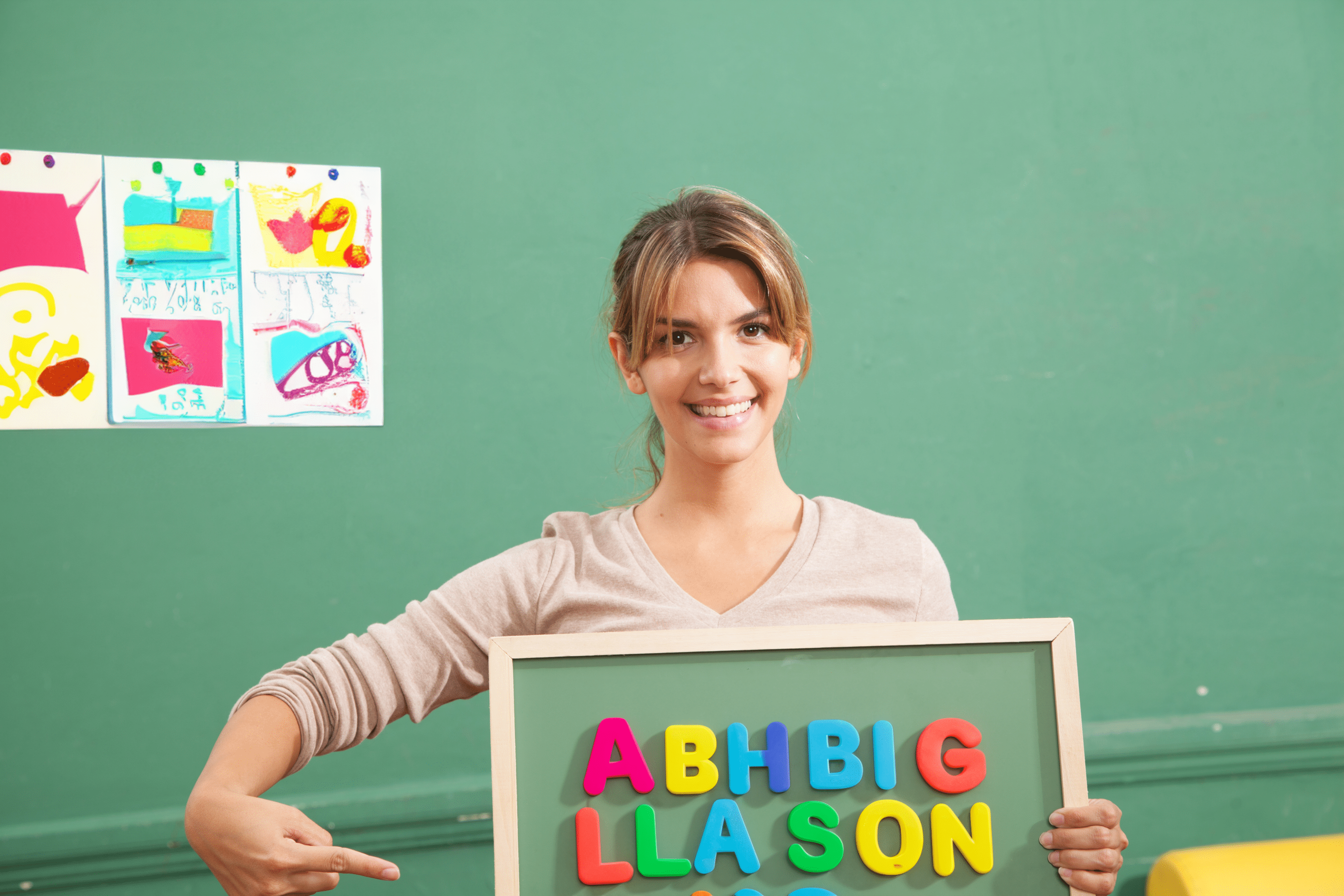

For Teachers: Ayd•y•aitch•dee
There will always be students you can’t help—and plenty of reasons for that, but every time a teacher blames a child for his or her failure to learn reading basics, a bell rings in hell. No matter how much a child deserves blame due to disruptive behavior, general intellect, reading aptitude, insufficient linguistic stimuluation at home, daydreaming, or whatever, blaming children doesn’t help because it doesn’t change anything that matters: For every child who isn’t capable of learning to read under your current circumstances, you will have another one that is virtually identical next year and be teaching him or her under very similar circumstances. Since we can’t change the children, we must work to change the teaching circumstances.
Is ADHD Real?
I don’t know. I’m not sure if dyslexia is real either. I know that being able to label a condition is not terribly useful, unless you want to promote drugging a child. The use of Adderall in some universities is at epidemic levels: That’s partly our fault—and stimulants tend to be addictive. In the early 2000s, I read the introduction to a book that claimed modern students were more distractible than the students of yore. Could be. I didn’t buy the book, but I wish I had. The Rails curriculum, which I ordinarily avoid promoting in these articles, is astoundingly effective at coping with “distractible children,” a phrase which was seen as redundant before the invention of methamphetamine by the Nazis.
Here’s what I do know:
In traditional classrooms, most children are highly distractible. They don’t like being locked in a room and listening to a professorial lecture on meteorology, long-A, or long-division. If a child is bored, his mind will wander. Mine does tooooo—from time to time. If a child is really disruptive, he should be removed from the classroom because he interferes with the learning of all the other children. Good luck.





0 Comments